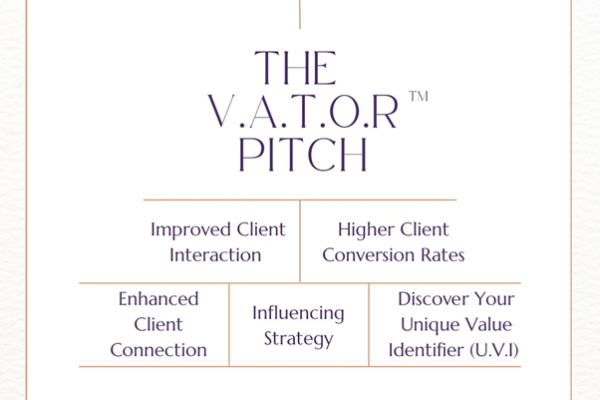Building Trust & Rapport
Building trust and rapport in a negotiation is essential for fostering a collaborative atmosphere and achieving mutually beneficial outcomes. Here are some strategies to consider:
1. Prepare Thoroughly
– Research: Understand the other party’s interests, values, and goals.
– Know Your Objectives: Be clear about what you want to achieve and why.
2. Establish Common Ground
– Identify Shared Interests: Highlight objectives that both parties care about.
– Use Inclusive Language: Use “we” instead of “I” or “you” to foster collaboration.
3. Communicate Effectively
– Active Listening: Show genuine interest in the other party’s perspective.
– Ask Open-Ended Questions: Encourage dialogue and openness.
4. Show Respect and Empathy
– Acknowledge Emotions: Recognize the feelings involved in the negotiation.
– Be Polite and Professional: Respect the other party to foster a positive environment.
5. Build Personal Connections
– Share Experiences: Relate personal stories or experiences to create a bond.
– Be Authentic: Show your true self to encourage trust.
Maintain Transparency
– Be Honest: Share relevant information openly; avoid hidden agendas.
– Clarify Intentions: Let the other party know your reasons for certain positions.
7. Be Patient and Flexible
– Allow Time: Don’t rush the negotiation; let relationships develop naturally.
– Be Open to Compromise: Show willingness to adapt and find a middle ground.
8. Follow Through
– Honor Agreements: Ensure that commitments made during the negotiation are fulfilled.
– Stay in Touch: Maintain communication after the negotiation to strengthen the relationship.
Conclusion
Building trust and rapport takes time and effort, but it significantly enhances the chance of a successful negotiation. Focus on cultivating relationships rather than just transactional outcomes for long-term benefits.
Author












